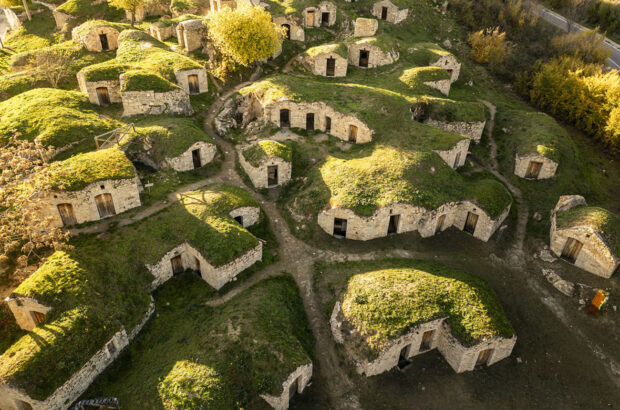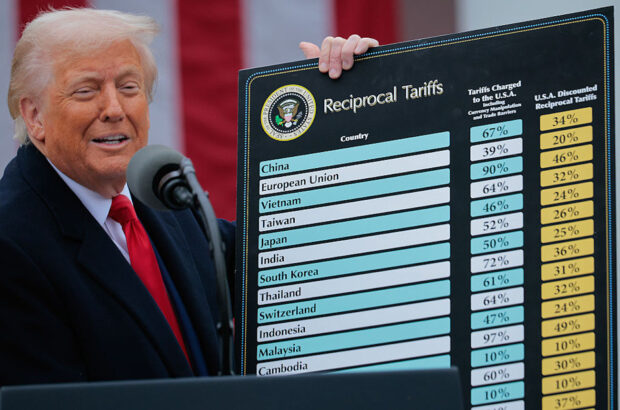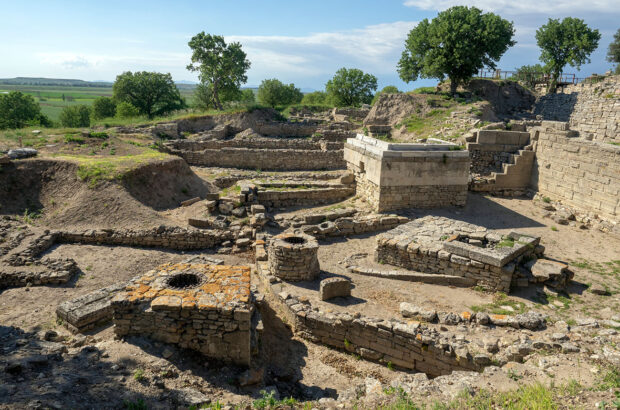Provence rosé could suffer the same fate as Beaujolais Nouveau if the region’s producers chase profits ahead of quality and bottle too early, some producers are warning.
Château Romassan, Domaines Ott: bottled in April
The wine is enjoying a rise in global demand: exports from Provence to the US grew 62% in volume and 49% in value in 2011 compared to 2010, the eighth consecutive year of double-digit growth.
But producers are bottling earlier to get their wine on the shelves. ‘Three years ago people were bottling in February, last year it was December, even late November,’ Dominique Renard, commercial director of Domaines Ott, told Decanter.com.
‘Everyone in Côtes de Provence is seeing their sales head upwards. But I don’t want the region to go the way of Beaujolais and chase sales at expense of quality,’ the producer, who bottles in April, said.
Early-bottled Beaujolais Nouveau is traditionally released on the third Thursday in November. The tradition started by Georges Duboeuf in the 1950s has fallen out of favour in the UK but is still hugely popular in Japan and the US, although exports have fallen from some 70m bottles in 2002 to half that number last year. Le Nouveau, derided as alcoholic grape juice by some, is often blamed for damaging the reputation of Beaujolais, and this is what producers fear might happen in Provence.
At Chateau Rimauresq, director Pierre Duffort bottles his rosés in January. ‘The last five years has seen an explosion in demand,’ he says. ‘But early bottling is the fault of the winemakers. We need to stay masters of our product, and to explain to clients that if they want good wine, they have to wait.’
Jean Claude Neu, cellar master at Chateau d’Esclans, bottles the estates’ four different rosés at staggered times: some in early December, while the top wine is aged 10 months in Burgundy barrels.
He doesn’t believe early bottling is necessarily problematic. ‘Harvest is in August,’ he says, ‘so this is still five months of development, which suits fresher styles. What is important is to work correctly.’
Legally, bottling is not authorised until winemakers have submitted their harvest declaration, by November 25 at the latest. Resale to the public can not take place before December 1 for AOC Côtes de Provence rosé or white.
Valérie Lelong at the Conseil Interprofessionnel des Vins de Provence said, ‘Producers who want to sell in December have to adapt methods to allow early consumption – by choosing an aromatically-forward grape variety, for example.’
Written by Jane Anson in Bordeaux







